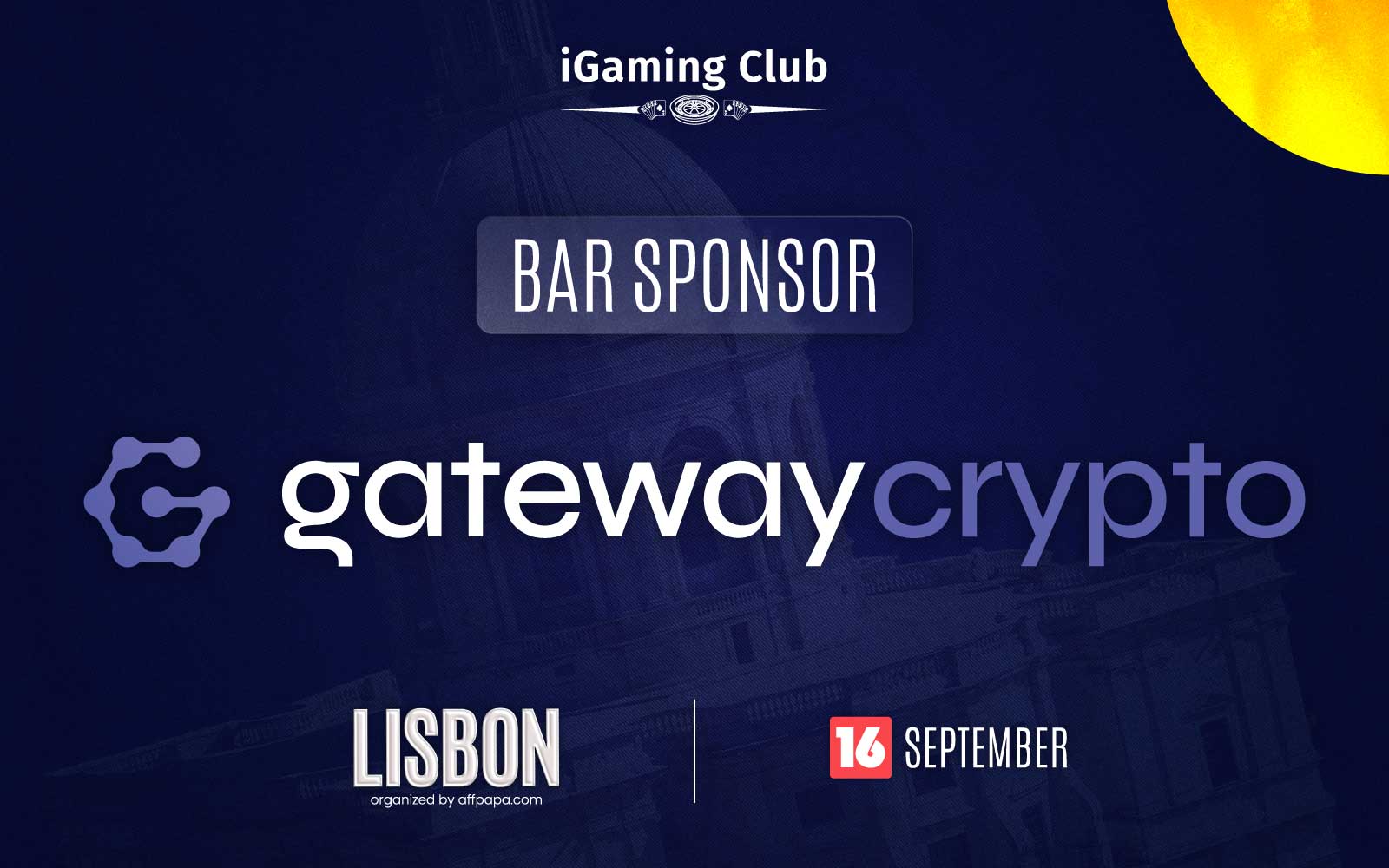Under the new framework, the GCGRA may grant one business-to-consumer (B2C) online gaming license per emirate, subject to local approval. This move represents a significant step forward for the UAE in establishing a regulated iGaming market.
Under a similar land-based casino framework, only one license has been issued so far — to Wynn Resorts, which is developing a US$5 billion integrated resort on Al Marjan Island in Ras Al Khaimah. The project will include luxury accommodations, entertainment facilities, and the country’s first regulated casino.
Will the Emirates Embrace Casino Operations?
While Abu Dhabi is considered a strong contender for the second land-based casino license, analysts believe not all emirates will embrace casino or online gaming operations. Sources suggest that only two or three emirates are expected to participate in online gaming, reflecting the UAE’s cautious and selective expansion strategy.
Signs of foundational regulatory work are already visible. The GCGRA recently issued several business-to-business (B2B) supplier licenses, paving the way for technology and service providers to support future online operators. Two recently approved companies include iGaming platform developer Hub 88 Holdings Ltd and global sports data and analytics firm Sportradar AG.
For those unfamiliar, the GCGRA was established in 2023 as the UAE’s sole federal authority responsible for licensing, regulating, and overseeing all commercial gaming and the national lottery. Its recent licensing decisions indicate that the regulatory and commercial groundwork for online gaming and sports betting is nearly complete, with the first operator licenses expected to be issued soon.
Strengthening the UAE’s Role in the MENA Gaming Market
At the SBC Summit in Lisbon in September, GCGRA CEO Kevin Mullally outlined his vision to position the UAE as a global leader in gaming technology and innovation. He urged suppliers to focus on creativity rather than restricting innovation to fit regulatory limitations.
At the summit, Mullally emphasized that the authority seeks technology to drive regulation — not be constrained by it — and encouraged developers to design games that blend creativity, skill, chance, and social interaction.
He also noted that the regulator’s top priorities remain player safety, transparency, and responsible innovation, adding that all new gaming products must be data-driven and secure to protect consumers and uphold integrity standards. Industry experts believe this forward-looking stance could set a new benchmark for global gaming regulation, balancing innovation with responsibility.



 2Days ago
2Days ago















